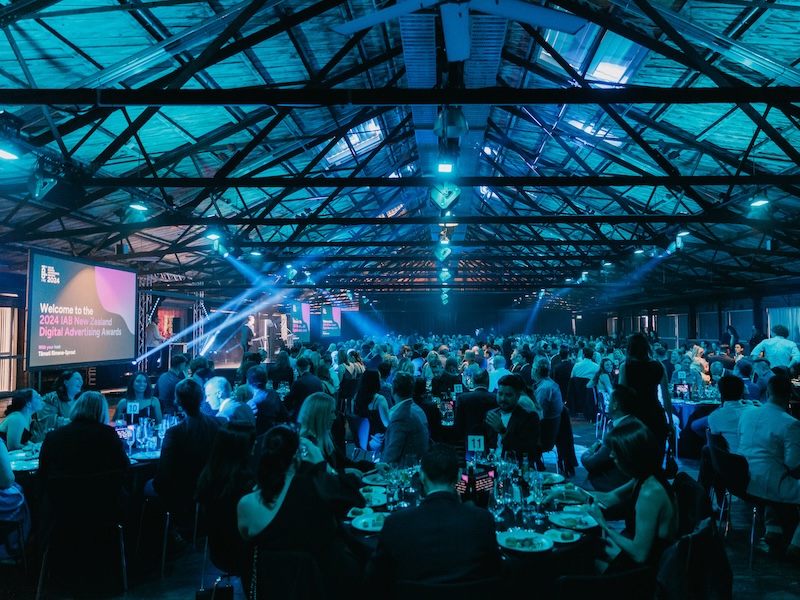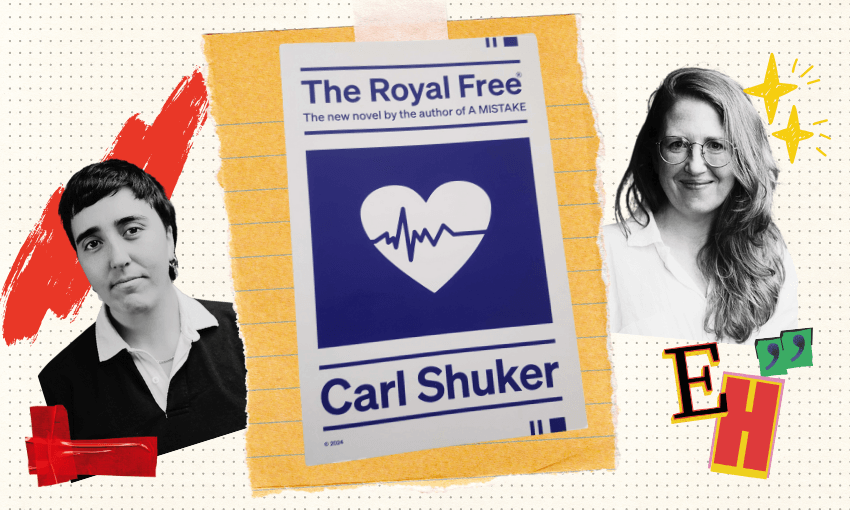The Blues are far from certain to be playing at Eden Park in the 2024 Super Rugby Pacific season after the ground was a mysterious omission from their season schedule.
The country’s largest stadium, and home ground for the Blues since Super Rugby began in 1996, was absent from their schedule for Auckland-based matches when it was released on Wednesday.
Chief executive Andrew Hore said the club were in the final stages of finalising the venues for their Auckland-based fixtures, which were marked with a TBC on the Sanzaar release.
That includes matches against the Crusaders on March 23, Western Force on April 5, Brumbies on April 20, Hurricanes on May 11, Highlanders on May 18 and Chiefs on June 1.
Interestingly, crosstown rivals Moana Pasifika’s home games are also listed as venue TBC. Moana Pasifika were based at Auckland’s Mt Smart Stadium in 2023 but said in a statement they would play elsewhere next season.
“Moana Pasifika are gearing up to host their games across the Pacific and in the regions of New Zealand. Look out for the upcoming announcements on these locations.”
AARON WOOD/STUFF
All Blacks squad named to travel to France for the 2023 World Cup.
Hore said the Blues wanted to provide fans with the best possible experience for each home match in 2024. The franchise hoped to be in a position to confirm their remaining venues in the coming weeks.
“The options don’t have to be traditional stadiums, that is the other thing we are considering,’’ Hore said.
The Blues head to the far north for their home season opener against Fijian Drua on Saturday, February 24, at Semenoff Stadium in Whangārei. A grand final rematch between the Crusaders and Chiefs in Hamilton on February 23 will open season 2024, before round two is played entirely in Melbourne.
The Blues won’t lack options if they want to shift other fixtures from Eden Park.
While blockbuster games against New Zealand teams are likely stay at the venue, the Blues could relocate to arenas such as Mt Smart Stadium, and North Harbour Stadium for when they play opponents that have traditionally proved a difficult sell to fans.
Phil Walter/Getty Images
Blues CEO Andrew Hore said the franchise won’t rush any decisions about where it will host games in 2024.
“We want to put our foot on the ball, and have a look at what our members and fans are saying, and look at our financials around this. And make sure this was the right mix,’’ Hore said.
“Because we just walk from season to season. The Blues at Eden Park are hand in glove, they have been since inception. We have had our good years and bad years there. But we thought if we are going to be this fans-centric competition, and team, then let’s have a look.”
Hore stated the Blues were “not hiding anything’’
The competition was in a state of change and that needed to be taken into account.
“We would like to think once we get through some of the tough parts that are going on, it would be positive because it will get all the games in the time zone and so forth. But you can’t get away from the fact we have got a bit of a boom-bust at the moment. There is still interest in rugby, broadcast figures show that.’’
Alan Lee
Vern Cotter has replaced Leon MacDonald as the coach of the Blues.
Until the competition was more even, the Blues wanted to keep an open mind on what could be done to keep stakeholders happy.
“It is actually saying ‘what about the fans and what are we doing?”’
Hore, who had previously been the CEO at the Waratahs, said his experiences in Sydney had opened his eyes to how professional sports teams worked with councils and stadiums to get outcomes that satisfied all parties.
“We question whether New Zealand really values some of its domestic professional teams. We are a professional league in our own right, we have people coming over from the Tasman.
“We could probably do more to promote that sort of exchange of customer, across the Tasman and throughout New Zealand. So we want to challenge that a little bit too, and look at how that operates in comparison to the Australians, who do it very well.”
Phil Walter/Getty Images
Satisfying Blues fans will be priority for administrators when they decide where the team should play games in 2024.
The ideal outcome would be to ensure fans and ticket holders were satisfied with their experiences, and that the Blues could generate more income and increase the $28 million that they currently put into high performance.
It was important to note that the Blues currently don’t take a dividend, Hore said.
“The money gets ploughed into the development of the game, in the high performance area. People sometimes forget that.
“We are a limited company that needs to generate income to put into the best programme to make the best players in the world.’’





















Discussion about this post